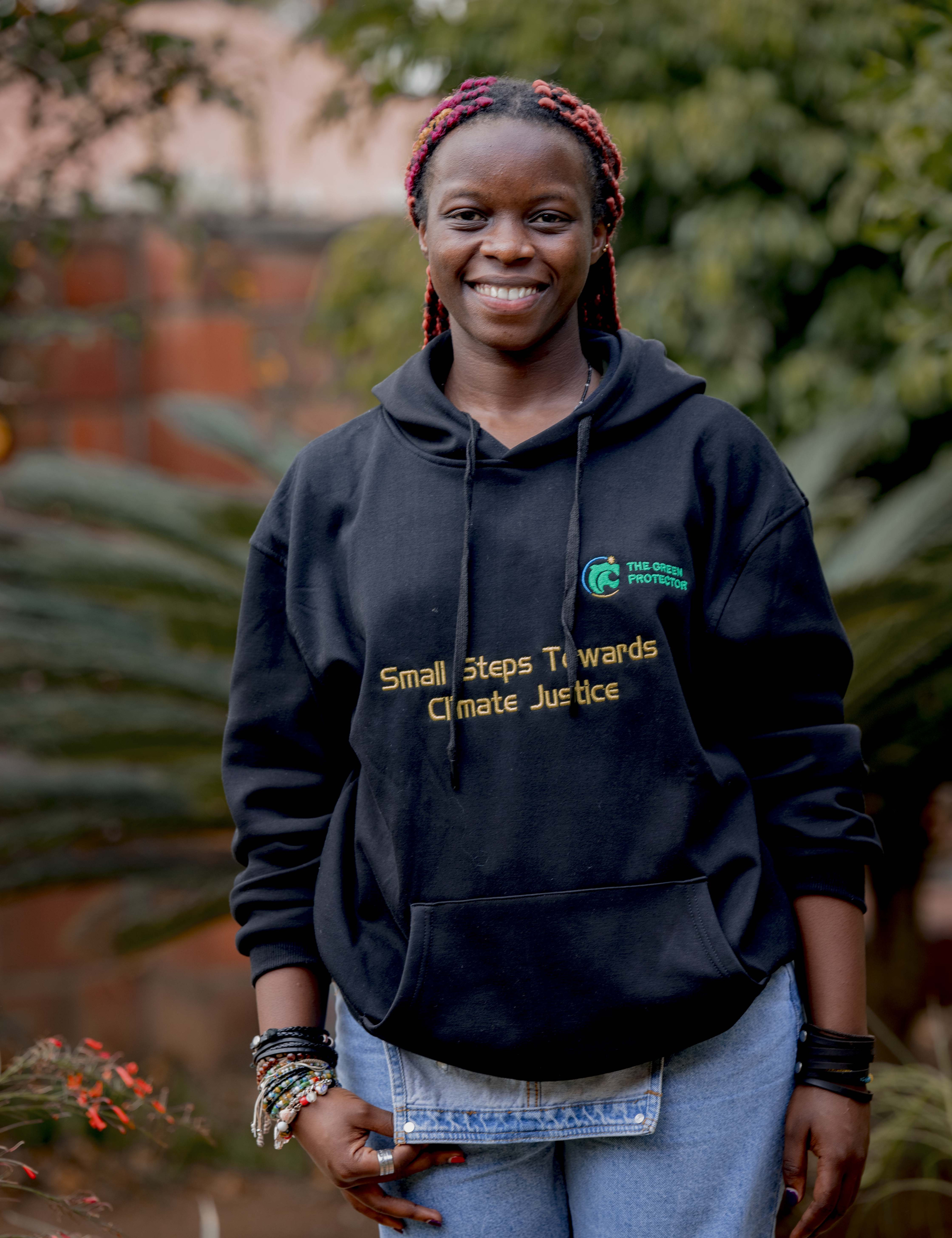2020 was a year when the world faced a common pandemic that requested all hands on deck. Covid-19 unlocked the ability to recognize that there is no such a thing as a boundary: a crisis from one side of the world matter to the other side, as we are all interconnected and share one planet. The pandemic was a real crisis that received world attention as it was a real threat for both the global north and south.
Unfortunately, the climate crisis has not been approached in the same way. In 1972 Stockholm was the first conference to highlight the environmental issue. The Stockholm declaration acknowledged environmental degradation and called for a common environmental responsibility of all sectors and regions. It contains 26 principles for the world to be able to live in harmony with the environment, including pollution, water, and people’s well-being around the world. In 1992 the world recognized that human economic activities are often at the expense of our planet and world leaders decided to establish the UNFCCC with the mandate “to stabilize greenhouse gas concentration in the atmosphere at a level that will prevent dangerous human interference with the climate system, in a time frame which allows ecosystems to adapt naturally and enables sustainable development”. Since then, small islands, developing countries, global south countries, frontline communities demand concrete actions and responses to be taken. Unfortunately, empty promises and long discussion embedded with a sense of inequality is what the world has offered so far - while women, children and youth continue to be the most exposed to the climate crisis. APPROACHES NEEDS and MUST CHANGE AS WE CAN’T LIVE BY EMPTY HOPES ANY LONGER.
My name is Ineza Umuhoza Grace (prefer to be called INEZA), I am an eco-feminist impact-driven actor, I am the founder of The Green Protector where I serve as the executive officer, and a co-founder of the ‘Loss and Damage Youth Coalition” where I work as the coordinator. In the upcoming Stockholm+50, I am sharing my voice to let the world know what needs to change if we are to have a healthy planet for the prosperity of all.
I am from Rwanda, a small yet beautiful country in Africa, you can plan a visit: we have a beautiful landscape and we are home of mountainous Gorillas. My country did little to contribute to climate change, but our communities, economy, wellbeing, health and future are highly vulnerable to its impacts. Similar to many other global south countries, frontline communities are exposed and households in developing countries pay to recover from the climate crisis since the world failed over and over to protect both our shared planet and the global community. Despite these challenges, I choose to be positive and work for climate justice.
Having been exposed to climate change's negative impacts since I was young, and growing up realizing how big of a threat it is, I decided to be part of the solution. In 2017 I started The Green Protector (previously known as The Green Fighter) Organization, with the aim to contribute to the increase of active youth participation in the creation of a better and stable environment. Project design/implementation, advocacy, environmental education and capacity enhancement are key to our engagement. Our activities reached more than +3,500 beneficiaries. The Green Protector served as a baseline to have a deeper understanding of the gaps, inequalities and injustices of climate (in)action, especially in frontline community.
After the UNFCCC COP 25, I co-founded the Loss and Damage Youth Coalition aiming to create a global youth partnership to demand and take action to address loss and damage. Climate change's negative impacts are the biggest form of injustice for our generation. Pressuring global leaders (sending an open letter, COPs demand), enhancing the ability of youth to participate in the decision-making process, sharing the lived experience of frontline youth towards climate change impacts, and campaigning for the establishment of the Loss and Damage Finance has been and still is - the center of our activities. We are a coalition of +350 members from the global north and south. Our vision of a healthy planet is a world where the impacts of climate change are addressed in an equitable way and where developed countries acknowledge their responsibility and treat loss and damage with a sense of urgency.
I hope that questions such as “What actions are to be taken for having a healthy planet?” and “What needs to change in the business-as-usual approaches?” will be addressed at Stockholm+50. Acknowledging the climate injustice issue is not enough to address it, only action and commitment represent a real answer for the problem.
Let me share my thoughts on what I think should be the outcome of Stockholm+50, to have a healthier and proper planet for all :
-
We need to stop the delay and denial and all forms of blocking of process around Loss and damage. Action and influence of denial like the USA calling to remove the “loss and damage” from the scientific reports on climate impacts should be avoided, called off and not supported as it strengthens the marginalization of the voice of the frontline communities.
-
The international negotiation process around climate change should make “loss and damage” a priority. We will not have a healthy planet for all if there is no equity and justice in building a climate-resilient community. There is a need to appoint a champion on loss and damage to create a space for equitable discussion, and address the need of the frontline communities that are more affected by climate change impacts. Small progress on climate justice like what we saw in Glasgow cannot be the only answer.
-
Make the big polluters pay. We know that, historically, the industries and corporations that are most responsible for causing the current climate crisis are also amplifying its severity for frontline communities. We need to stand in solidarity and tax big polluters, asking them to take ownership and responsibility. Considering the ongoing environmental degradation of the planet, taxes from big polluters should be used to finance for addressing the climate impacts and to allow communities to adapt.
Of course, there is a need to do more, but, in my view, these three actions are the baseline to achieve a healthy and equitable planet for the prosperity of all. But again, we are used to the fact that our voices are not heard! I hope that Stockholm+50 will prove us wrong.
This article was written by Ineza Grace, an Eco-Feminist impact-driven actor in the climate change sector serving the global community-based in Rwanda. She believes in the value of sharing frontline voices, concerns and actions in the pursuit to achieve global climate justice. Her passion for climate justice can be tracked in her involvement in The Green Protector (Rwanda), where she serves as the executive officer and the Loss and Damage Youth Coalition (global), where she serves as the coordinator. She holds a bachelor's degree in Water and Environmental Engineering from the University of Rwanda and is a junior researcher in the climate policy around loss and damage. She is a leader by example and always ready to learn and engage.


